My Voice-My School
Citizenship / English | Ages 11-14, Ages 14-16
The My Voice-My School project takes students on a learning journey to give them a voice in their education and future. Students begin by exploring the concept of a quality education and the Global Goals, before developing the interview skills they will need for the first video call with their partner school.
Students will then have the chance to broaden their idea of education through this first video call with their partner school, learning about life and education in a different part of the world.
From this video conversation, students will work in groups to select a particular area of education of interest to them, researching this topic, and conducting surveys in their school and local communities. Students will use this evidence to develop their ideas for improving education.
Meeting via video chat for a second time, students share their plans and ideas, receiving feedback from their peers overseas. Following this video call, each class will design and implement a local advocacy plan to share their ideas for a quality education within their community.
Working to create change on a local level, classes will also consider how their ideas can be made universal and fit with the United Nations Global Goals. Students conclude their project by creating reports in the form of press releases, before coming together and sharing these and their ideas and experiences with their partner class in a final video call.
Part of:
UNRWA My Voice My SchoolAn introduction to My Voice-My School and the context of quality education. Students will reflect on their own education experience.
Students will learn how to conduct an interview to find out about the education experience of others.
Students conduct their first video lesson with their partner school. During this call, students cover main topics: hobbies, family, and education.
Students select an area of focus for their advocacy campaign. This should be an area of interest based on the first video call.
Students use their research and surveys to select up to three ideas for improving education in their school.
The classes compare their ideas for improving education and share what they have learnt from their research and school surveys.
Students design their advocacy campaign for improving education for all. They will use this plan to share their ideas for improving education.
Students create their end of project reports in the form of a press release and take a chance to reflect on the highlights from the past weeks.
The classes come together for the third time via video to share the successes of their campaigns and to reflect on the project.
Brought to you by
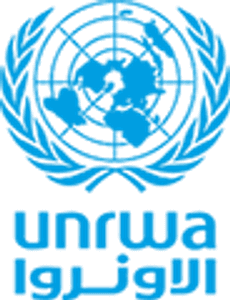
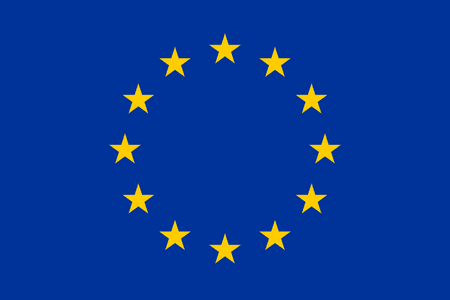
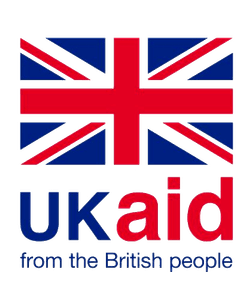
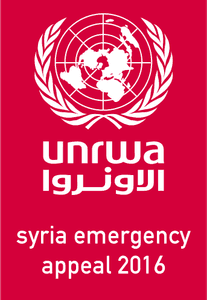

In partnership with
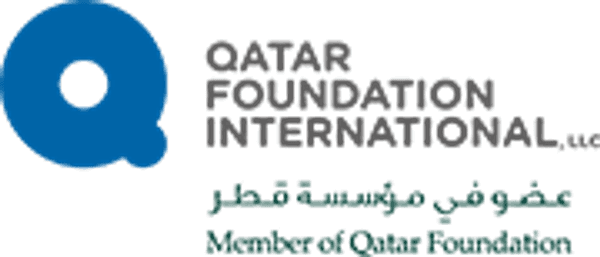


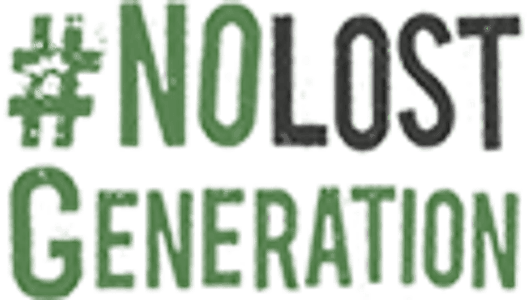
Teach the goals

